
Season one of Westworld was a tentpole moment in television history. With its high concept themes and a beautiful yet poetic examination of humanity, Westworld continued a sophisticated renaissance for the science fiction genre. It didn’t matter that there were elements of predictability or heavy exposition (especially around the identity of The Man in Black). The fact remains, Westworld showcased a visual pomp, a dystopian technology and a stimulating authority that only a few TV shows today can command that same magnetic power and respect.
Westworld S2 not only builds on the success of the first season but completely smashes all expectations.
“This world. It’s wrong. It’s not the world we belong in.” – Akecheta
If Westworld (if its physicality was real) can be thought of as a big, Hollywood production, by that example, season one showcased the conflict between the creator Ford (Anthony Hopkins), the producer Bernard (Jeffrey Wright) and the studio network executives (Delos). Ford and Arnold had the artistic vision and privileged brilliance to build art, seeing beyond what the hosts were programmed for. Delos represented the formulaic structures, securing the longevity that made them controlling and powerful. Season one, in essence, was a gradual power shift on who could play God and control their little slice of production “heaven”.
Bound by those rules, season two is all about chaos. Season two is all about breaking those familiar chains and comfortable loops. Season two is all about the actor’s strike! The hosts have rebelled. They are taking no prisoners and the park has descended into hell.

The fascinating aspect about the second season is how it plays with our pre-conceptions on the idealised fantasy of an Americana. In my season one review, I examined the sweeping romanticism of the Wild West that the likes of John Ford or John Wayne would be proud of. It’s a seductive and cinematic dream where morals between our heroes and villains are clearly defined, with an old-fashioned sprinkling of wholesome American values. Like Dolores (Evan Rachel Wood) trapped on a loop, we chose to see the scripted beauty of this magnificent and expansive creation that we became blind-sided in acknowledging the magnitude of its immoral and unsympathetic nature. What season two does is completely de-construct those familiar and comfortable narratives and re-write them. In the opening episode Journey into Night, it was not content just to highlight an all-out war or a simple sociopathic tale of vengeance (and who would blame the hosts considering their treatments). This was a deliberate design to abruptly snap us out of the delusional fantasy, coming face-to-face with the consequences of our actions. The merciless game is now real and every choice you make is the difference between actual life and death.
The hosts have a new inner voice, granting them a freedom to choose their fate and destiny. But most importantly from Jonathan Nolan and Lisa Joy’s creation is how the season quietly subverts the expectations of its characters. Native Americans through the lens of Hollywood cinema have always been portrayed as savage and menacing butchers, running rampant in a hostile, lawless land. But in Westworld, they are redefined as wise, knowledgeable and free-spirited, beautifully realised in my favourite episode of the season Kiksuya. The Japanese world of Shogun World has its own sense of brutality but approaches it with a Kurosawa-like grace that explores honour, tradition, language, culture and love in Akane no Mai and Phase Space. But if there is a symbol of that philosophy, then seeing Westworld through the eyes of Maeve (Thandie Newton) and Dolores with their sense of liberating, female empowerment is its biggest appeal. As we currently live in a culturally defining moment with #MeToo, gender equality and ethnic representation, Westworld as a TV concept is a thought-provoking symbol of that evolving and organic message without being cringe-worthy or forceful (take note Solo: A Star Wars Movie).
Another eclectic way of challenging those conforms is through its writing, specifically with Lee Sizemore (Simon Quarterman). Taking the Hollywood analogy, he is Westworld’s screenwriter. As every writer will probably tell you (including myself) we write with a sense of passion. The stories we tell are personal explorations and endeavours, inserting ourselves as heroes, be it in a screenplay format or a WordPress review – not that I’m taking myself too seriously! But Westworld is also quick to highlight how the ‘supply and demand’ culture to populate the other parks has its own lazy repetitiveness. It’s the same ideology as to why we get familiar tropes in most blockbuster movies. For example:
- Casually walking away from a massive explosion just to show a character’s badassery (even though in real life they probably get hit by shrapnel, shockwaves or burned for being so close).
- Physical or sexualised toughness equals a “strong female lead”.
- “Don’t trust no one,” said out loud by a character…only to betray the ensemble and repeat the phrase, “I told you not to trust no one!”
- Never turn your back on a bad guy because 99.9% of the time they probably come back to life.
- Heroes always getting the girl after saving the world or white man saving the world after going native.
- A choreographed fight scene where the hero is outnumbered 6:1 and yet they all fight one at a time.
- Characters having some clichéd redemption moment to prove they learned something.
We may laugh about it and each film is unique to is own context but it is true and Lee is part of that system where it reinforces those stereotypes and tropes. Instead of accepting the conscious complexities or cultural influences, they adopt a simplistic, fast-tracked narrative for the hosts to follow. Season two examines this through the re-purposing of the bank robbery from Sweetwater for Shogun World (Akane no Mai) or changing a hosts’ personality from peaceful to violent to give the park some exciting drama (Kiksuya). But as the hosts start to wake up, the rebellious rejection of their programming means that Westworld continues to the evolve by allowing them the choice to write their own story. Just like Alex Garland’s Ex Machina, what it means to be human is constantly evaluated and re-evaluated with everyone questioning what is real to them.

Westworld‘s final attempt at re-writing the Hollywood conventions is through its opening credits. The idea of spirit animals and Native American folklore is not uncommon on the show with its potential and escalating meaning. Season one credits explored the ingenuity of the park; a celebration of the fine artistic precision in creating hosts, the emphasis of creation (the two hosts having sex) and the symbolism of power, heroism and freedom (the horse). Season two opening credits plunge that same world into darkness. The symbolism of a white buffalo (according to Native American traditions) signifies great and hopeful change. It was a concept used similarly in The X-Files episode William. It’s not a great X-Files episode by any stretch of the imagination, but the white buffalos hanging above William’s crib relays that same symbolic outcome. The loving bond between a mother and child is a sign of love, reproductive autonomy and independence. It concludes with a solar eclipse which spiritually means something must end before there is a new beginning.
If anything, Westworld stylishly sets outs its intentions. The clues to the season were right there, hiding in plain sight.
“Do you even know what you were guarding here? The real purpose of this place? You don’t, do you? But I do.” – Wyatt / Dolores
The park may have descended to a chaotic hell but it is a hell of our own making. Young William (Jimmi Simpson) had the perfect analogy regarding the nature of Westworld – a place that is free from judgement and enables everyone to do what they want which on a comparison scale emulates the nature of social media. You create a dual persona where you’re bound by the rules of the real world but it doesn’t stop you from acting like a keyboard warrior troll online! What Westworld throws into its substantial mix is to examine the social and ethical morality of what technology can do and our responsibilities towards it. Once again, time is a factor.
It has been an interesting debate regarding the timeline. There have been several online comments suggesting it was “too confusing” or being “too clever for its own good”. There is no doubt that Westworld has up the ante, but it’s certainly a show deserving of patience. We’re talking about a show that has the same water cooler debates that viewers of LOST would remember. Even a show like The Handmaid’s Tale uses time (via flashbacks) to contextualise the uprising of Gilead. Time used as a storytelling format is an insight, not a detriment. The shows I’ve mentioned have all constructively use time in different ways but doesn’t take away the emotional impact it brings, especially if Westworld is thought along the lines of Inception or Dunkirk. Besides, the criticisms are reflective of our tastes right now. We want complex but simple. We want all the answers but also the mystery. We want the stories to speed up but also takes its time. Season two doesn’t try to ignore those questions (or complaints) but certainly carries out each transition with a satisfactory balance.
With Delos’ ulterior motive finally revealed with their assumed arrogance of a Promethean complex, the very stake of Westworld will be determined by the path characters take, touching upon symbolic, religious allegories (Moses, heaven, white horse of the apocalypse) to process it.

Is that path to freedom realised through bloodshed vengeance or empathy? Is the quest derived organically, by a system update or by some benevolent force? Who has the authority to change that fate? Are past mistakes set in stone or can we find some redemption in this journey? Is the Valley Beyond a place of true freedom or just another prison? That’s the concept season two wrestles with. Tapping back into the idea of the Americana trope, no one sees themselves as the villains (with the possible exception of Bernard who struggles with his conscience in an existential crisis of the Norman Bates kind). Their quest is admirably heroic, only determined by how they interpret it. Now that “God” is dead (thanks to the last few moments of season one), who takes his place? Like Game of Thrones, Westworld has a ‘many-faced’ God scenario and season two whittles down the potential contenders, their qualities and the essence of free will.
There are elements of The Last Supper with Dolores showcasing her ‘divine wokeness’ with the power of resurrection, convincing others to follow her lead to the promise land. Every action she performs is done in the belief it is necessary. But her menacing and forceful tactic of fellowship puts in perspective whether her actions are any different from what the humans do. Older William / The Man in Black (Ed Harris) knew the stakes of his wish and now it becomes a nightmarish fantasy which pushes him to the ultimate, psychological extreme. Vulnerable to the park, The Man in Black is somewhat a ‘fallen angel’ figure, a God that use to have all the cheat codes of invincibility, now trying to rectify the sins of the past and his own maniacal contribution to Delos’ insidious plan. But it is a pursuit not without a devastating and psychological consequence. Maeve and her deliciously wicked sense of outlook is given a new, powerful voice which almost transcends a spirituality but builds an empathic view at recognising perspectives and the plight of others. Even characters of the past typify how Westworld‘s sense of artificial intelligence can transcend the network, like a ghost in the machine or a virus. It gives a new meaning of a digital afterlife in a subtle Black Mirror reference.
But the one element that ties each character in their journey is love. Now that might seem overly sentimental but narratively (especially if it is done well) it is an emotion that we all respond to. Some value it for its manipulation and deception. Some use it to build sympathetic connections. Some run away from of the past, embarking on a saviour-like mission. Some use it to go out in a blaze of glory. Some embrace it hoping to find it once again, going as far as the ends of the world and beyond death.
Kohana: “Take my heart when you go.”
Akecheta: “Take mine in its place.”
“Have you ever questioned the nature of your reality?”
Everything in Westworld is circular and just like Back to the Future Part II, the looping familiarities show us new perspectives and ideas. As season two clearly demonstrates, it never betrays Westworld‘s core outline and makes you question everything.
While there are a few slight missteps, there is no denying that Westworld loves telling a grand, epic story. It encompass and celebrates everything we love about storytelling, as if the show was testing us on our personal tastes of familiar archetypes and conventions. It’s comfortable in expressing a range of themes (both psychological and philosophical), using examples such as The Matrix, Ghost in the Shell, Battlestar Galactica and The X-Files (particularly the latest season) but executing it with a panoramic beauty. With its mind-bending conclusion to the season that effectively rips up that Hollywood script, it epitomizes the essence of science fiction in pondering its aftermath.
Based on that narrative alone, it easily puts itself in contention as one of the best shows of the year.

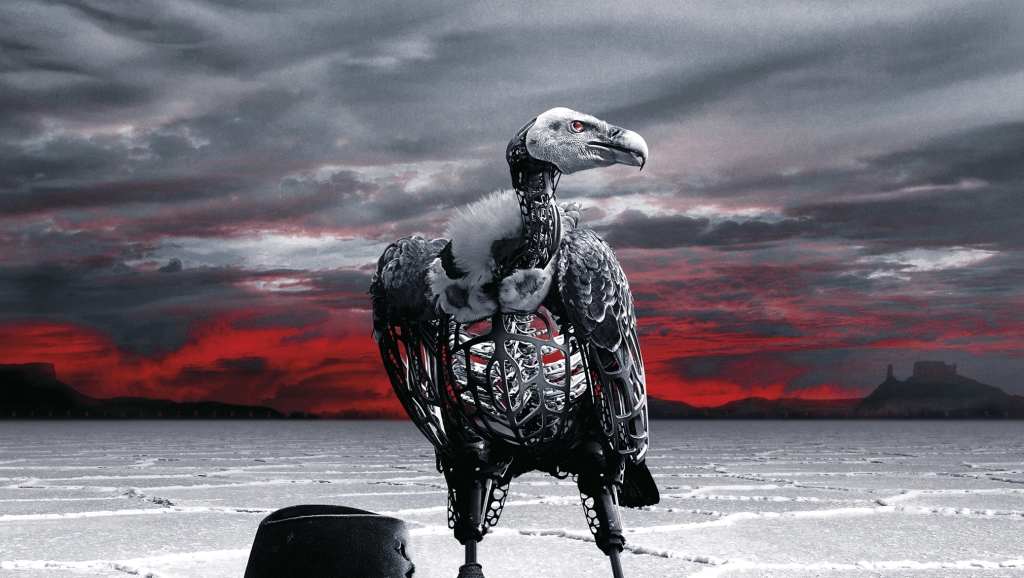
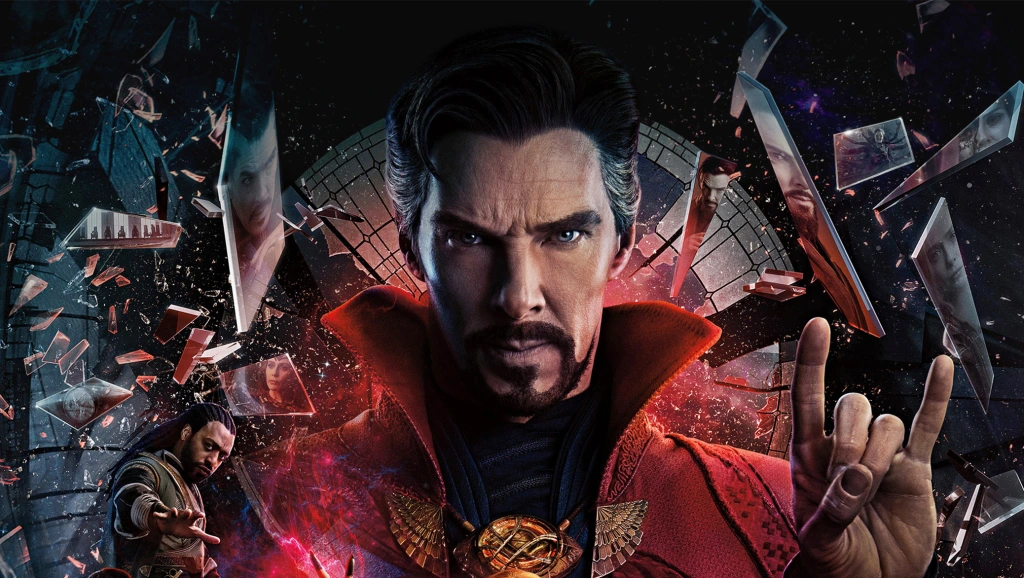
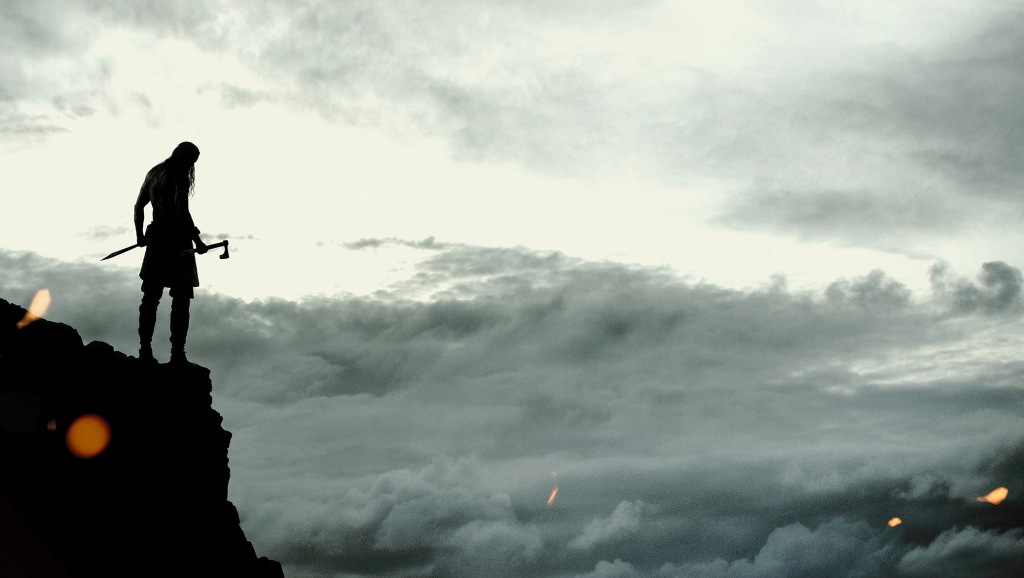
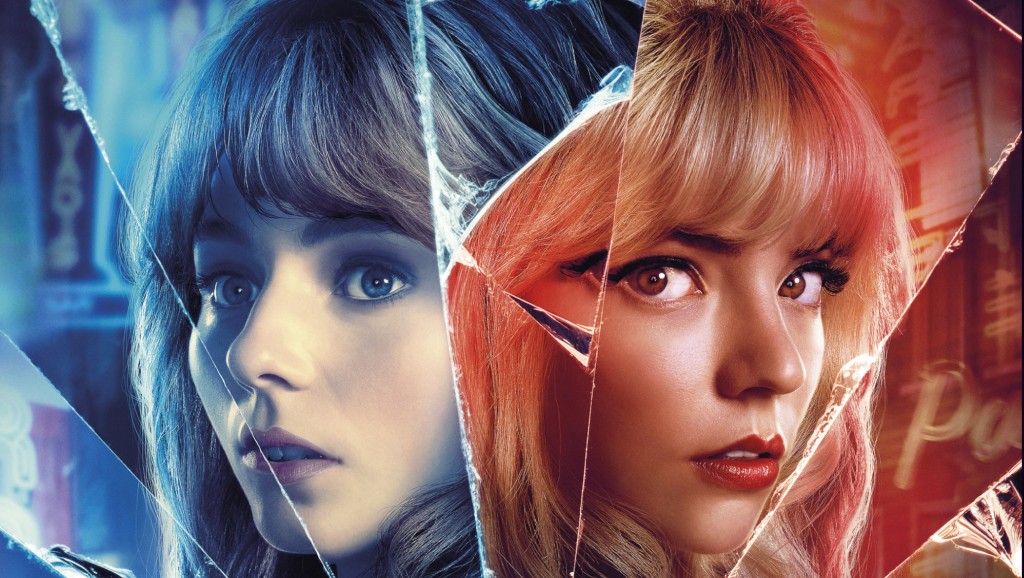
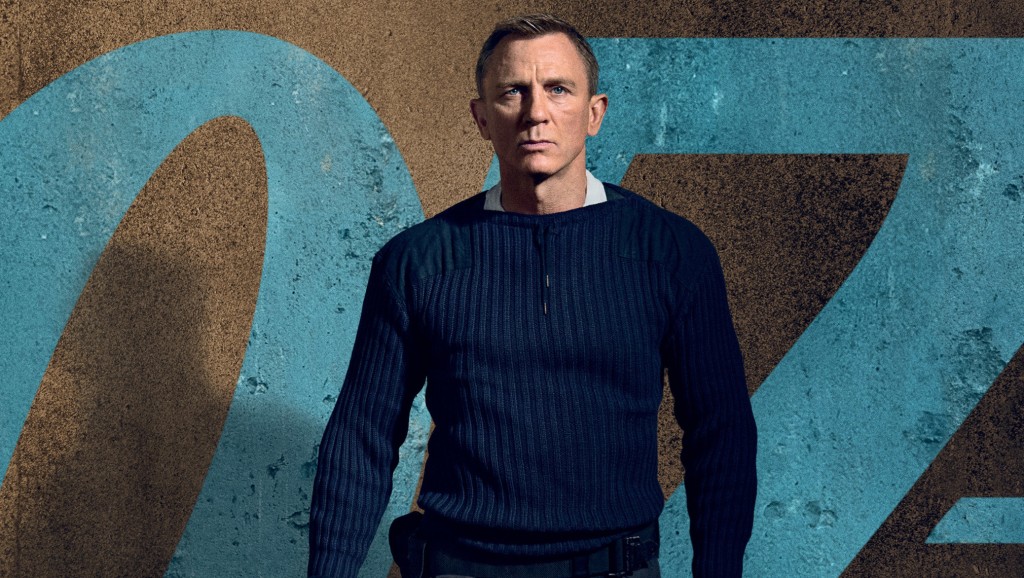
Don’t Be Shy – Leave a Reply